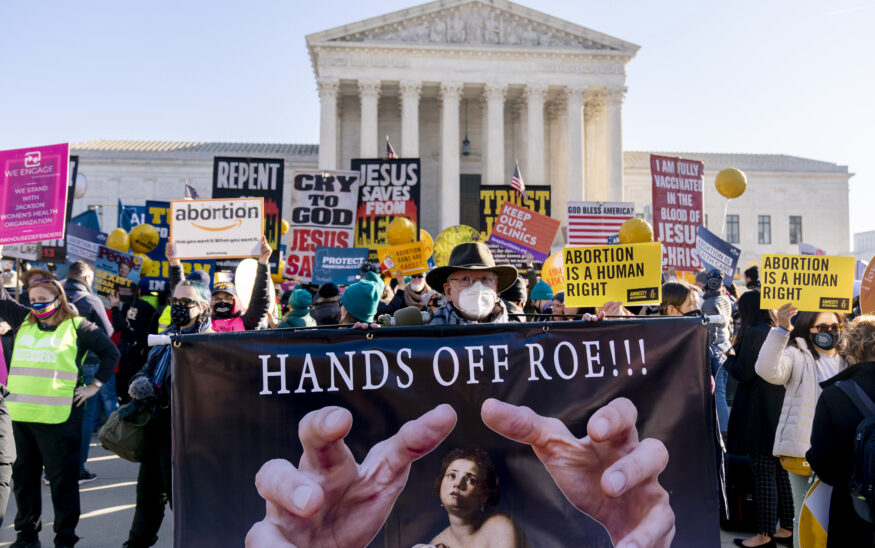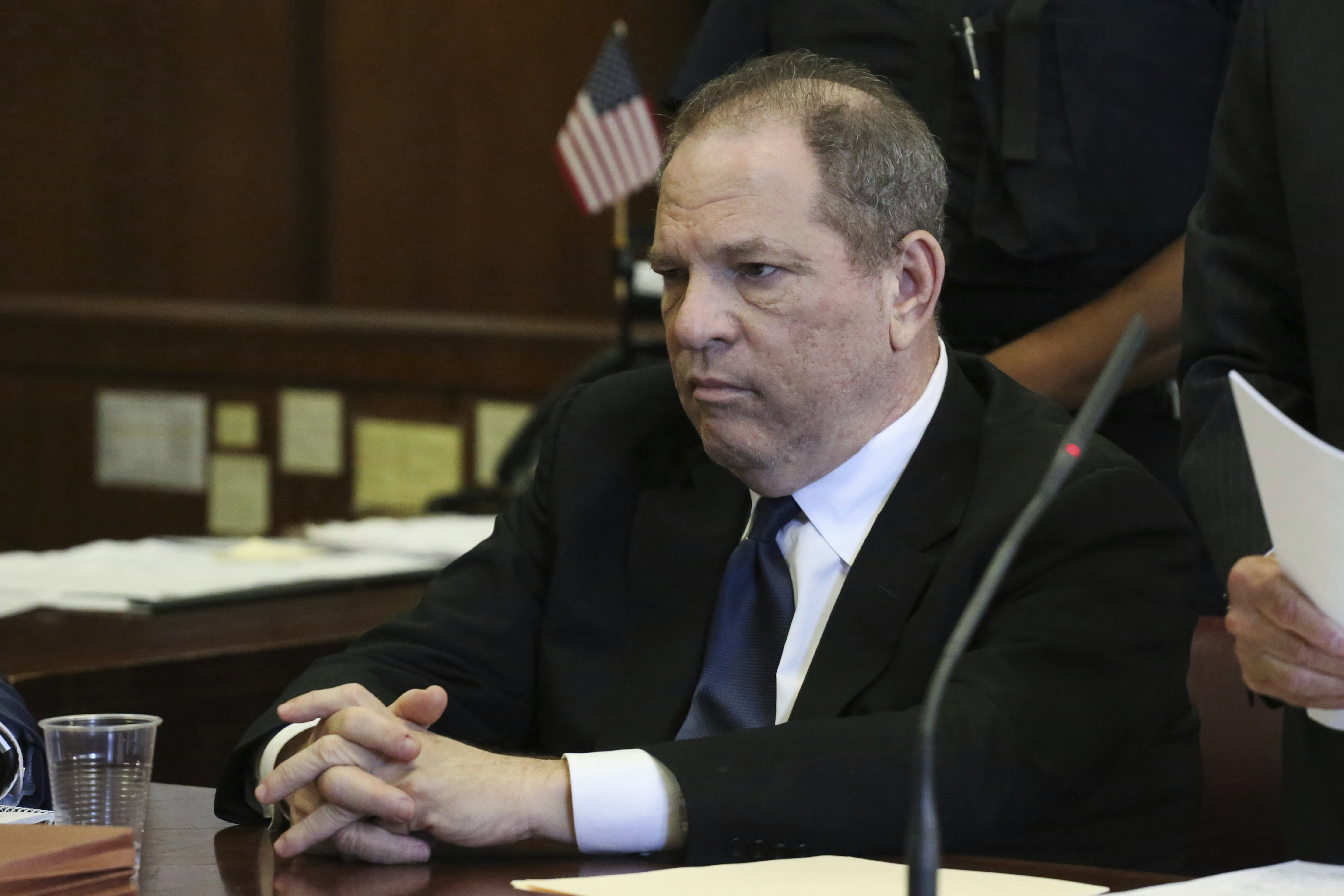Wisconsin joins coalition taking action against Idaho’s Abortion ban
By: WISCONSIN LAW JOURNAL STAFF//April 1, 2024//
Wisconsin joins coalition taking action against Idaho’s Abortion ban
By: WISCONSIN LAW JOURNAL STAFF//April 1, 2024//
Wisconsin Attorney General Josh Kaul and Gov. Tony Evers joined a coalition of 24 attorneys general Friday backing the Biden administration’s challenge to Idaho’s near-total ban on abortion. In an amicus brief filed in United States of America v. Idaho, the multistate coalition supported the U.S. government’s argument that the ban conflicts with the Emergency Medical Treatment and Labor Act (EMTALA).
According to Kaul, this federal law requires doctors and hospitals to provide necessary abortion care during pregnancy in case of medical emergencies to help stabilize the patient’s condition. The coalition further argued that Idaho’s ban not only endangers the lives and health of pregnant individuals in the state but would also have serious repercussions on the health systems of other states.
“This case illustrates the danger to women’s health and well-being that the overruling of Roe v. Wade has allowed,” said Kaul.
“When a decision needs to be made in an emergency medical situation, that decision should be made by the patient, not dictated by the government,” Kaul added.
Evers agreed.
“Every person, no matter where they live, deserves the right to make their own healthcare decisions without interference from politicians who don’t know anything about their life, their family, or their circumstances,” said Evers.
“As we continue to see Republican attacks on reproductive freedom and safe, legal abortion here in Wisconsin and across our country, our fight to protect and defend reproductive freedom has never been more important,” Evers added.
Every hospital in the United States that operates an emergency department and participates in Medicare is subject to EMTALA. Under the federal law, emergency departments are required to provide all patients who have an emergency medical condition with the treatment required to stabilize their condition. Under Idaho’s radical abortion ban, which came into effect after the U.S. Supreme Court’s June 2022 decision overturning Roe v. Wade, healthcare providers would face criminal prosecution, or lose their license for providing this medically necessary care.
According to Kaul, in August 2022, the Biden administration successfully sued to block enforcement of the ban, arguing in the U.S. District Court for the District of Idaho that the ban conflicts with protections afforded by EMTALA. Gov. Evers and Attorney General Kaul joined the coalition in support of the Biden administration’s position before the U.S. Court of Appeals for Ninth Circuit.
Now, Idaho is appealing to the United States Supreme Court. The amicus brief by the multistate coalition backs the federal government’s case in the Supreme Court and argues that:
• EMTALA requires abortion care when necessary to stabilize patients experiencing emergency pregnancy-related conditions.
• Preventing medical providers from performing abortions needed to treat emergency medical conditions threatens the health and lives of pregnant patients. Many pregnancy and miscarriage complications are emergency medical conditions requiring time-sensitive stabilizing treatment that can include abortion. In an emergency, any failure to provide, or delays in providing, necessary abortion care can put at risk the pregnant patient’s life or health.
• If Idaho hospitals and providers do not provide the emergency abortion care required by EMTALA, patients will be forced to turn to out-of-state hospitals and providers, adding strain to other states’ emergency departments that are already struggling with overcrowding, long wait times, and staff shortages. The added strain will cause more delays and threaten the safety and health of all patients who need emergency care.
Attorney General Kaul was joined in the amicus brief by the attorneys general from Arizona, California, Colorado, Connecticut, Delaware, Hawaii, Illinois, Maine, Maryland, Massachusetts, Michigan, Minnesota, Nevada, New Jersey, New Mexico, New York, North Carolina, Oregon, Pennsylvania, Rhode Island, Vermont, Washington and the District of Columbia.
Legal News
- Questions of transparency, leadership responsibility linger over State Bar trust
- Firm demands $4.3M in dispute with Wisconsin client
- Chesebro among those charged with interfering in 2020 election
- Williams-Sonoma must pay almost $3.2 million for violating FTC’s ‘Made in USA’ order
- Harvey Weinstein due back in court, while a key witness weighs whether to testify at a retrial
- Protests erupt on college campuses throughout Midwest, and U.S. over war in Gaza
- Flight attendant indicted in attempt to record girl in airplane bathroom
- Wisconsin attorney loses law license, ordered to pay $16K fine
- Former Wisconsin police officer charged with 5 bestiality felony counts
- Judge reject’s Trump’s bid for a new trial in $83.3 million E. Jean Carroll defamation case
- Dozens of deaths reveal risks of injecting sedatives into people restrained by police
- The Latest: Supreme Court arguments conclude in Trump immunity case
WLJ People
- Power 30 Personal Injury Attorneys – Russell Nicolet
- Power 30 Personal Injury Attorneys – Benjamin Nicolet
- Power 30 Personal Injury Attorneys – Dustin T. Woehl
- Power 30 Personal Injury Attorneys – Katherine Metzger
- Power 30 Personal Injury Attorneys – Joseph Ryan
- Power 30 Personal Injury Attorneys – James M. Ryan
- Power 30 Personal Injury Attorneys – Dana Wachs
- Power 30 Personal Injury Attorneys – Mark L. Thomsen
- Power 30 Personal Injury Attorneys – Matthew Lein
- Power 30 Personal Injury Attorneys – Jeffrey A. Pitman
- Power 30 Personal Injury Attorneys – William Pemberton
- Power 30 Personal Injury Attorneys – Howard S. Sicula












